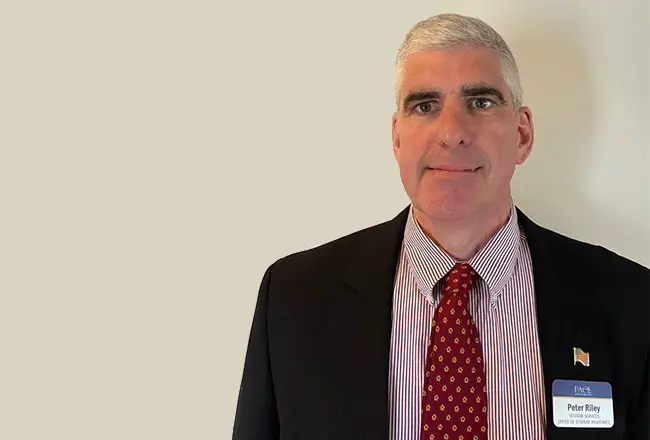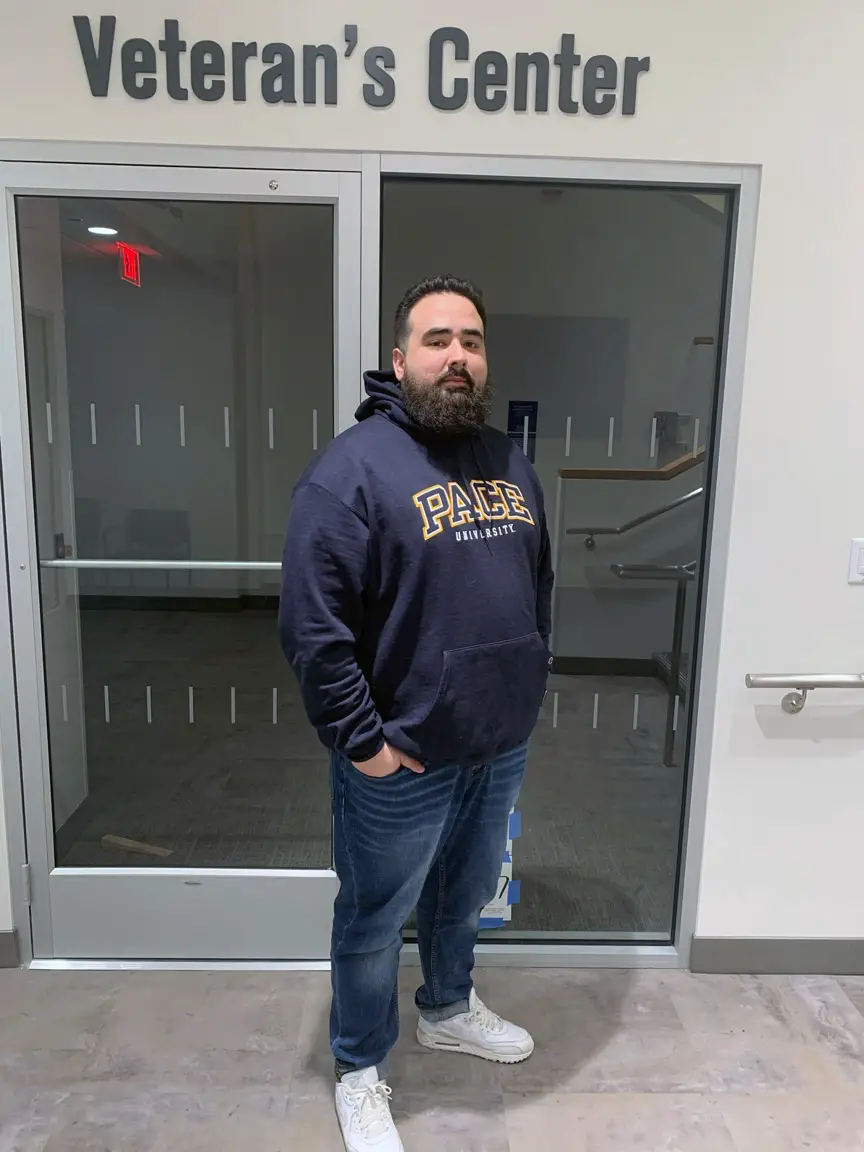Peter Riley: Congress passes legislation allowing vets on GI Bill to get full benefits
 The job of educating students amid the coronavirus pandemic has become increasingly complicated for higher education as classes move online and social distancing drastically changes campus life for the foreseeable future.
The job of educating students amid the coronavirus pandemic has become increasingly complicated for higher education as classes move online and social distancing drastically changes campus life for the foreseeable future.
While so many students are being adversely impacted and must be taken care of, it”™s especially important that our student veterans don”™t fall through the cracks.
Steven Garcia, a U.S. Marine veteran attending Pace University in Pleasantville, was worried that the monthly housing allowance he receives under the GI Bill could have been significantly reduced now that students can no longer attend classes in person.
A senior majoring in accounting, Garcia served from 2010 to 2014 and was stationed in Japan, Afghanistan and Camp Lejeune in North Carolina. He was one of thousands of veterans who feared that if Congress and the president did not act quickly, they could lose a substantial amount of housing allowance benefits under the GI Bill.
That won”™t happen as Congress has passed a bill and the President signed it. It”™s precisely the type of quick mobilization that is required during these unprecedented times.
Here”™s some backstory.

In New York, Gov. Andrew Cuomo declared a state of emergency. Responding to an environment that is changing daily, if not hourly, and for the safety and security of students, staff and faculty, Pace University ”“ like colleges and universities across the country ”“ made the decision to move all classes to an online/interactive format.
The switch to online classes, however, put in jeopardy GI Bill funding that many of our veterans depend upon. As a result, many Pace student veterans could have lost more than $2,000 a month in benefits due to circumstances beyond their control. That sum would have been reduced because of the way the Veteran”™s Administration approves a school”™s program. There are effectively three options for a program to be approved for VA education benefits: distance; hybrid; and in-residence education.
“Living in Westchester is very expensive,”™”™ said Garcia, 28, who lives in Cortlandt Manor with his mother. “Without this assistance half of veterans would not be able to pay car payments, mortgages and bills.”
That”™s why Garcia was among many who wrote to Congress to ask for passage of the legislation.
Under the legislation, Congress provided the Department of Veterans Affairs with the authority to ensure student veterans receive proper benefits if their schools make emergency or health-related course changes as the U.S. continues to respond to COVID-19. The new law allows the VA to continue to pay benefits regardless of the fact that the program has changed from resident training to online training. This would continue until Jan. 1, 2021, or until schools resume normal operations.
“I”™m very grateful,”™”™ Garcia said. “Now I just have to pass all my courses.”™”™
Veterans with questions on the law and how it impacts them can call the VA”™s Education Call Center at 1-888-442-4551.
Peter Riley is a retired colonel with the New York Army National Guard and Iraq veteran and director of veterans services at Pace University. He can be reached at priley@pace.edu.